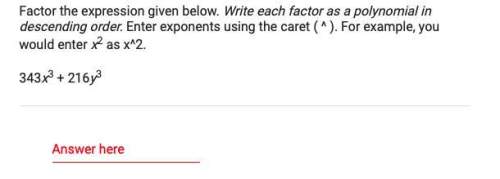
Mathematics, 07.09.2020 02:01 harodkdc8463
Davi is mapping out essential and non-essential expenses and is perplexed about where to categorize gift-giving. Davi considers splitting gifts into 4 different spending categories (Essential—Fixed, Essential—Variable, Non-Essential, and Other—Predictable). Then, he decides that 4 categories would be too complicated. He thinks that it will be simpler to budget all gifts under one category only and decides on the category “Other (Predictable)”. In addition, he will open a special savings account only for gift expenses, both for known people and occasions, and for general gifts that he may decide to give in the future. Which statement below is not a reasonable reason for Davi’s decision to establish a separate account for gift expenses. a. Budgeting categories are exact, and gifts can fit into only one of them. b. He will be able to give both planned and unplanned gifts that he has budgeted for. c. He will still be able to cover other important living expenses. d. Simplifying will help assure that he can follow his budget plans.

Answers: 3


Another question on Mathematics


Mathematics, 21.06.2019 17:00
If f(x) = 2x - 6 and g(x) = 3x + 9, find (f - g)(x). a. (f-g)(x) = x + 15 o o b. (f- g)(x) = -x - 15 o c. (f- g)(x) = 5x + 3 o d. (f- g)(x) = -x+3 submit
Answers: 2

Mathematics, 21.06.2019 21:50
What is the 17th term in the arithmetic sequence in which a6 is 101 and a9 is 83
Answers: 3

You know the right answer?
Davi is mapping out essential and non-essential expenses and is perplexed about where to categorize...
Questions

Mathematics, 26.09.2019 09:50



Mathematics, 26.09.2019 09:50

Social Studies, 26.09.2019 09:50



Social Studies, 26.09.2019 09:50



Mathematics, 26.09.2019 09:50

History, 26.09.2019 09:50

Business, 26.09.2019 09:50



Mathematics, 26.09.2019 09:50


Mathematics, 26.09.2019 09:50


Physics, 26.09.2019 09:50




